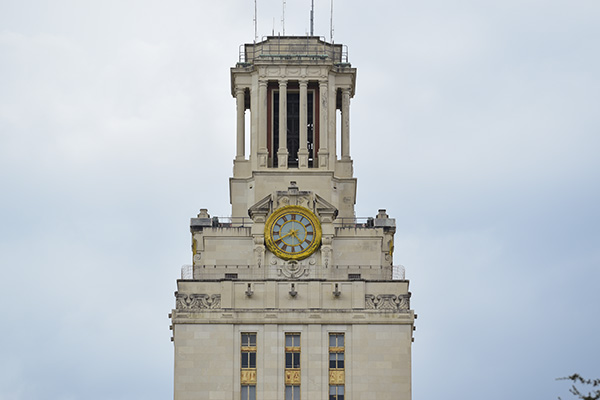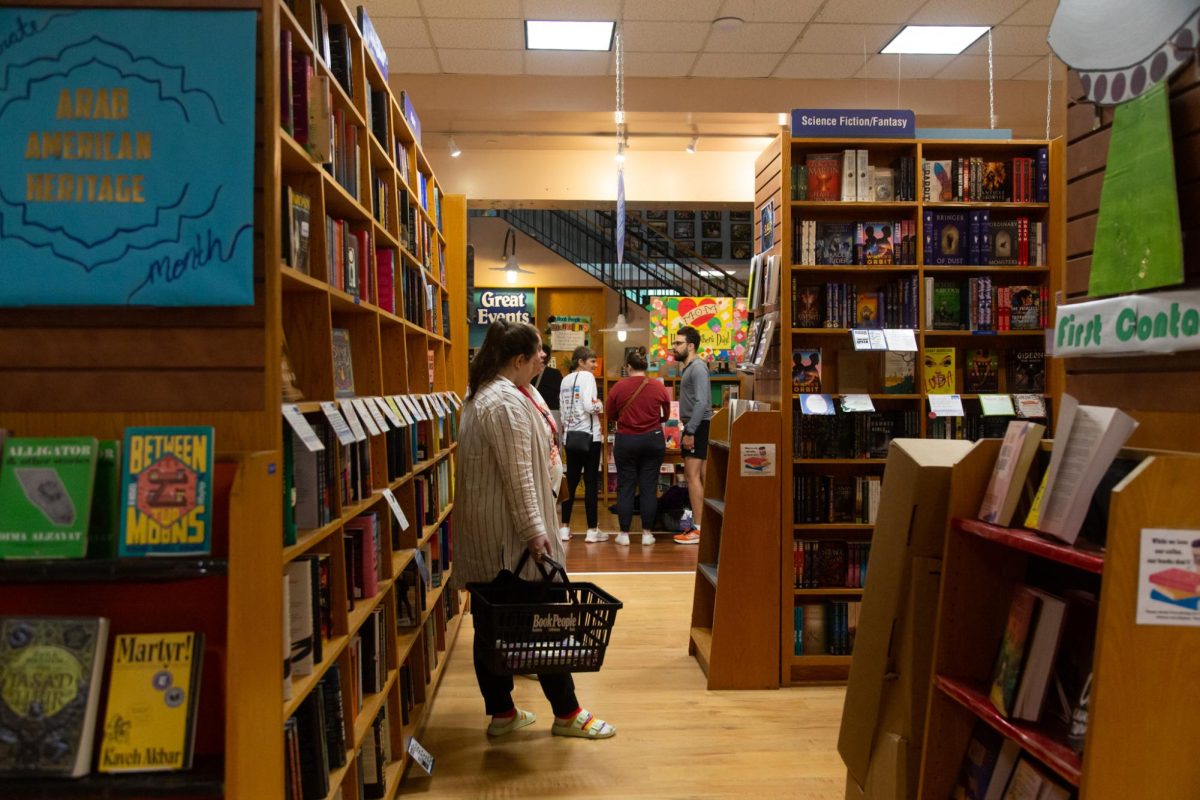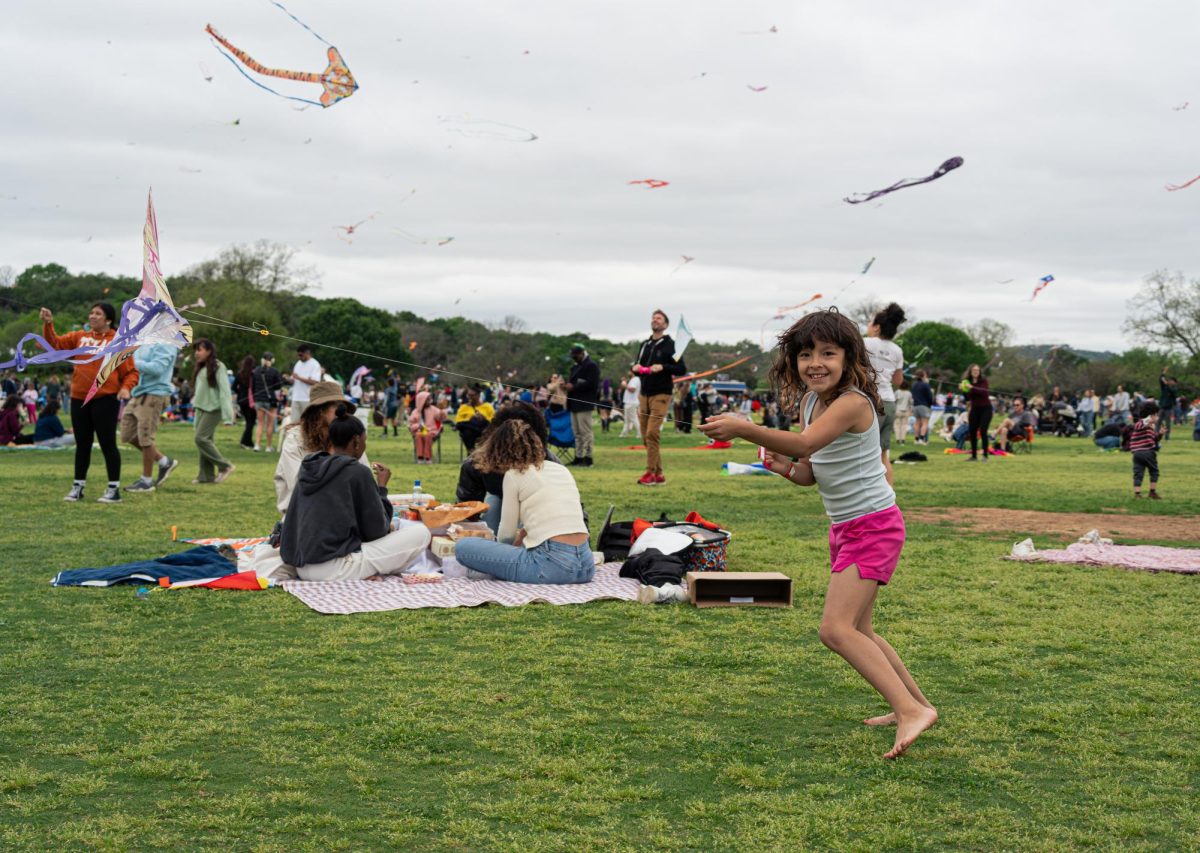Editor’s note: This story is part of The Daily Texan’s coverage of how coronavirus concerns are affecting UT-Austin. Read the rest of our coverage here.
Fall classes will be held on-campus beginning August 26 as planned, but will end at the start of Thanksgiving break, according to a message from President Gregory Fenves.
Students will participate in exams and reading days remotely after Thanksgiving, according to the message. In-person commencement ceremonies for the fall semester will be postponed as a result of the remote transition, according to the message.
“With COVID-19 still expected to be active this fall, we hope to avoid the possibility of students becoming infected during the Thanksgiving break and then spreading the virus to classmates upon their return after Thanksgiving,” Fenves said in the message. “We are still developing the details for how this new schedule will affect course syllabi, residence hall living and other key campus functions.”
The universitywide virtual commencement for the class of 2020 is still scheduled for Saturday, May 23, according to the message. Fenves said in the message that he plans for all in-person commencement ceremonies to be held on campus in 2021 and to invite all spring and fall 2020 graduates.
“The date and plans for this event will depend on the evolving COVID-19 situation, and we will update our graduates as soon as we have a clear sense of when we can host all of them safely,” Fenves said in the message. “We thank our 2020 graduates for their understanding and flexibility as we work to provide them with a celebration that is fitting of their extraordinary achievements.”
Plans for continuing on-campus research will be announced within the next few days, according to the message. Lab directors and principal investigators will be provided with instruction on how to safely reopen their operations in the University’s “Research Restart” plan, according to the message.
“Research is at the core of UT’s mission,” Fenves said in the message. “[I]t’s time for a larger force of our researchers in the social and behavioral sciences and humanities, as well as the natural sciences, to return to what they do best: finding solutions to global problems, addressing important societal issues and improving life for people around the world.”





















